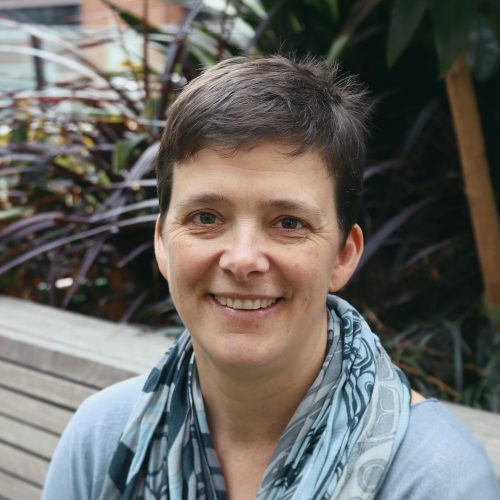As a scholar of cities, Libby is motivated by the need to address urgent social and ecological injustices that stem from urbanisation processes. Her research aims to sharpen our understanding about the relationship between land and housing justice, the displacing effects of urban renewal and gentrification, critical questions of urban governance, the impact of mega-events, urban sustainable development, and the politics of urban property. In her work and life, Libby attempts to reckon with the politics and practices of learning, as a non-Indigenous person, to live lawfully on Country.
Her books include Unlearning the Colonial Cultures of Planning (2010 Ashgate), Planning for Coexistence? (with Janice Barry Routledge 2016) and Planning in Indigenous Australia: From imperial foundations to postcolonial futures with Sue Jackson and Louise Johnson (Routledge 2018). Libby has worked in urban policy and planning practice and taught in planning and geography schools in the UK and Australia. She co-founded Planners Network UK, a progressive voice for radical planning in the UK, is a member of the International Network of Urban Research and Action, and is a Fellow of the UK Higher Education Academy.
Libby is always keen to speak with students interested in pursuing postgraduate study in areas related to her research interests especially in the fields of settler-colonial urbanism, social housing policy, critical property studies, gentrification and urban regeneration.


